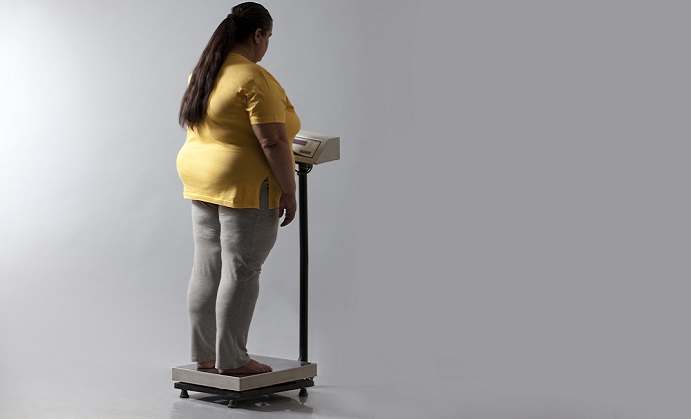Jet Lag- The Definition and The Cause
Whenever people take long flights, they may experience several undesirable symptoms. These can include irritability, insomnia, difficulty concentrating, feeling very tired, waking up too early, nausea, and several others. This most often occurs in passengers who cross multiple time zones and passengers whose flights last anywhere from six to ten hours. All of these symptoms fall under the category of one temporary disorder. It is called jet lag. These symptoms can last anywhere from a day to several days, and this can put a damper on one’s plans once the destination is reached. A vacation may not be as enjoyable or a business trip may not be as productive as it should be.
The reason that jet lag occurs and flat-out messes people up is the body’s internal time sense, or internal clock. Your body gets used to the time zone that it is in, and from there you develop a sleep cycle. Your body knows when to start shutting down and when to start waking up.
 This is all done through the eye’s and brain’s neurons and certain glands. Chemicals are released or inhibited based on light entering the eyes or darkness being sensed. This entire cycle is disrupted when people cross time zones. The eyes and brain are detecting light and darkness at times other than what it is used to, so the entire body and mind is thrown off. This takes time to adjust. However, jet lag does not have to be so debilitating. Here are some ways by which travelers can reduce the effects of jet lag.
This is all done through the eye’s and brain’s neurons and certain glands. Chemicals are released or inhibited based on light entering the eyes or darkness being sensed. This entire cycle is disrupted when people cross time zones. The eyes and brain are detecting light and darkness at times other than what it is used to, so the entire body and mind is thrown off. This takes time to adjust. However, jet lag does not have to be so debilitating. Here are some ways by which travelers can reduce the effects of jet lag.
Staying Fluid
Dehydration is always a bad thing, but it can impact you on flights as you do not have regular access to fluids. Make sure you get yourself hydrated well before you take off. Continue this process as much as possible during your flight, and ensure you continue to hydrate after you land. Staying hydrated will reduce the possibility of headache, which will only make jet lag worse.
Preventing Airsickness
Not everyone gets airsick, but nausea is pretty common. A natural way to fight off nausea is ginger. Ginger is a root that is available in any grocery store, and it has numerous health benefits, including digestive. Ginger has been proven to relieve nausea.
Work It Out
 The health benefits that come from exercise are widely known, but another perk to having a workout of some sorts after a flight just happens to be reducing recovery time from jet lag.
The health benefits that come from exercise are widely known, but another perk to having a workout of some sorts after a flight just happens to be reducing recovery time from jet lag.
So, after you reach your destination, get some exercise in and your recovery time will be reduced significantly.
Get Tryptophan
Tryptophan is that amino acid that is blamed for the post-Thanksgiving nap found in turkey. It does help with sleep, which is often disrupted due to jet lag. Bananas are a key source of tryptophan along with potassium and magnesium, all good for you. Eggs are another good source of this as well.
Extra Magnesium
Magnesium has been proven to help keep your internal clock working smoothly as well as numerous other health benefits. So, have some spinach or a good supplement and help your clock get back in order faster.
Take in Some Adaptogens
 Adaptogens have long been touted for their stress relief properties.
Adaptogens have long been touted for their stress relief properties.
This is only one of the many benefits. Rhodiola rosea is a great example of an adaptogen and can be found in extracts.
150 mg is the optimal dosage of this extract.
Boost Your Melatonin
Melatonin is the chemical released by your brain that helps your body calm down so you can sleep. There are supplements that can help your melatonin levels and there is even a trick to helping yourself before you get to the time zone you are traveling to by taking a light dose of melatonin at sunset of the time zone you will be traveling to. This will trick your internal clock and help combat sleeping difficulties.
Do you want to find an effective Jet Lag treatment? Check out our top rated Jet Lag products











